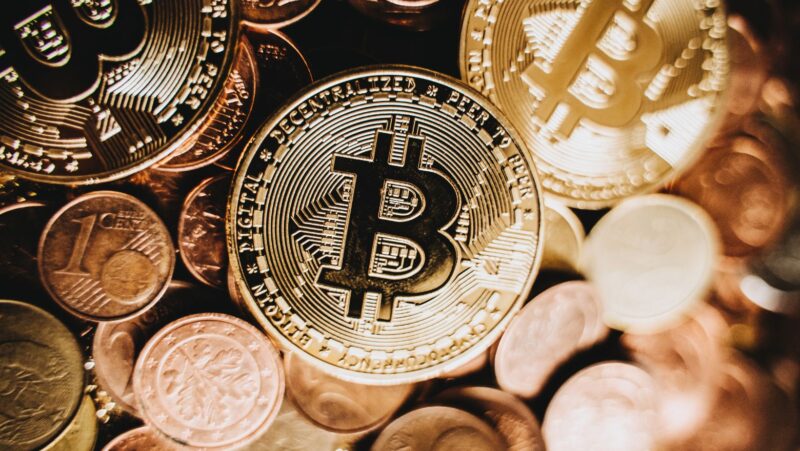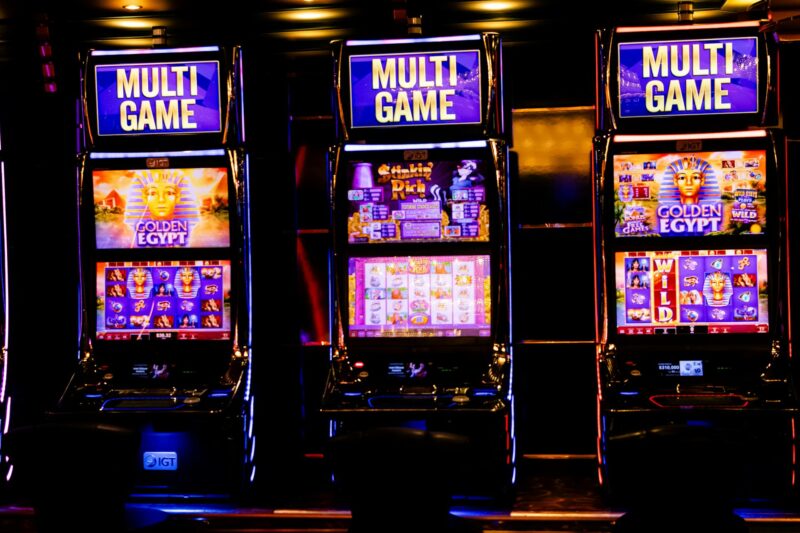
Blockchain, for all the hype around it, does seem to be reshaping digital assets in a tangible way. Poker platforms are picking up cryptographically secure ledgers, smart contracts, and token-style economies, not just for show but because they help. Players get a little more say over privacy and funds, while operators experiment with fresh engagement hooks. European Gaming reported that the number of blockchain-powered poker platforms roughly doubled from 2022 to 2024, which points to momentum rather than a blip. Crypto wallets, NFTs, quicker payouts, the whole stack nudges online play into a different rhythm.
The bigger idea is pretty simple, even if the tech is not: decentralization, transparency, and programmable assets can support modern gaming and rely less on old banking rails. Poker starts to feel like more than a game lobby, opening doors for fairer play, actual ownership, and cross-border participation, though it is still a work in progress.
Transparency and fairness in digital gaming
Blockchain introduces verifiable fairness to online poker games. Every move, shuffling, dealing, and betting, is logged to a public ledger that does not normally change after the fact. Cited by evenbetgaming.com, this model is widely believed to reduce worries about house interference or shady algorithms. Players and operators can check outcomes through independent audit tools. With provably fair systems, anyone can inspect the mechanics behind each hand, which nudges trust upward. According to thisgengaming.com, more than half of new poker platforms in 2024 publish gameplay data for users to verify.
The promise is that randomness and results are not only claimed but also visible, although reading those proofs can be a bit technical. For platforms courting skeptical players, this kind of transparency becomes a talking point. Tamper-resistant records can lower disputes and even some regulatory headaches for both sides. And with the ledger writing in one direction only, outright cheating looks far harder, particularly as game logic grows more intricate.
The role of digital assets and NFTs
Online adoption of poker games leverages blockchain for payments and in-game asset management. Crypto transactions, whether in Bitcoin, Ethereum, or other tokens, tend to skip slow, fee-heavy routes. Players can move funds across borders with less friction and, in many cases, near real time. Pokertube.com notes that most major blockchain poker sites now settle within about 15 minutes, which tracks with user anecdotes. Smart contracts handle payouts automatically, so winnings may arrive right after a hand wraps up. NFTs add unique items to the mix, from avatars and tournament passes to rare collectibles that feel a bit like digital merch. Because users actually own and trade these assets, platforms often see stronger loyalty and stickiness.
A European Gaming report in June 2025 claimed that NFT activity within poker platforms generated around 18 million dollars in secondary sales, though figures like that can swing. On top of that, blockchain infrastructure supports new monetization patterns, including royalty splits on NFT resales, unlockable features, and even shared revenue models, all mediated by code rather than support tickets.
Privacy, global access, and regulatory shifts
Privacy gets a lift, at least in design. Players can use digital wallets or pseudonymous addresses, trimming how much personal data is collected in the first place. In some regions with stricter rules, identity that is more decentralized may enable participation that would otherwise be blocked. Evenbetgaming.com reported a sizable uptick in sign-ups from parts of Asia and Africa between 2022 and 2024 on decentralized platforms. Since payments do not rely on traditional processors in the same way, crypto can move with fewer regional choke points and fewer delays.
That said, governments now face harder problems around age checks and jurisdictional limits, and those are not trivial. Many users still see anonymity and control over their own funds as clear benefits. Operators, for their part, are shifting toward automated compliance, more open reporting, and voluntary audits where they make sense. And there is a practical bonus for players too, funds tend to remain in user-controlled wallets rather than sitting in a centralized account that could freeze at the worst time.
Monetization and evolving business models
Monetization is changing quickly, and not always neatly. NFT sales, token-based entries, and revenue splits are showing up alongside the usual rake. Some platforms let users mint their own items, cards, chip sets, custom tables, and list them on open markets. Creatiosoft.com suggests that web3-focused features helped certain platforms roughly double revenue from digital goods in 2024, which sounds ambitious but plausible in a hot cycle. Players are not just logging in for the hands anymore. Collectibles tied to pro events or in-game milestones bring a little prestige, a little identity, sometimes a speculative edge.
A few sites experiment with dynamic pricing for NFT entries or limited, access-only experiences. So revenue is no longer capped at rake or tournament fees; it now includes secondary market activity and automated rewards baked into smart contracts. Programmable assets keep these ecosystems flexible and, at times, surprisingly inventive. Where this lands for casual versus high-volume players is still shaking out.
Responsible gaming in the blockchain era
Even with all the novelty, responsibility does not get to sit out. The same technology that automates payouts can set limits on deposits or session time through smart contracts, and that could help. Transparent ledgers make certain kinds of suspicious behavior easier to spot for platforms and, where applicable, regulators. On the flip side, pseudonymity complicates self-exclusion and age checks, so those tools will need to evolve.
Operators have a duty to educate users about wallet security, token volatility, and the usual bankroll pitfalls, not just the upside. With decent safeguards, clear communication, and users taking basic precautions, blockchain poker can be both safer and more enjoyable. The fundamentals still matter, fair play and personal responsibility, and keeping those intact while the tech races ahead is the real test, not a box to tick once.


